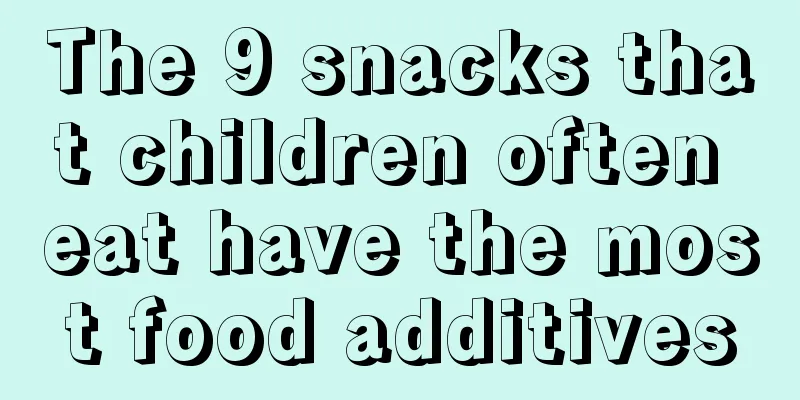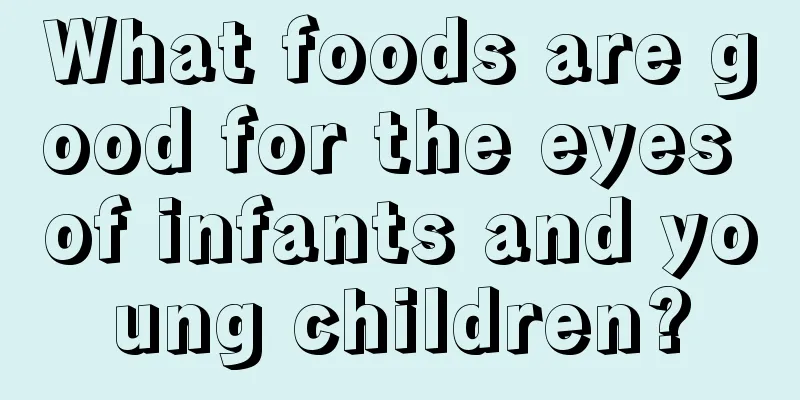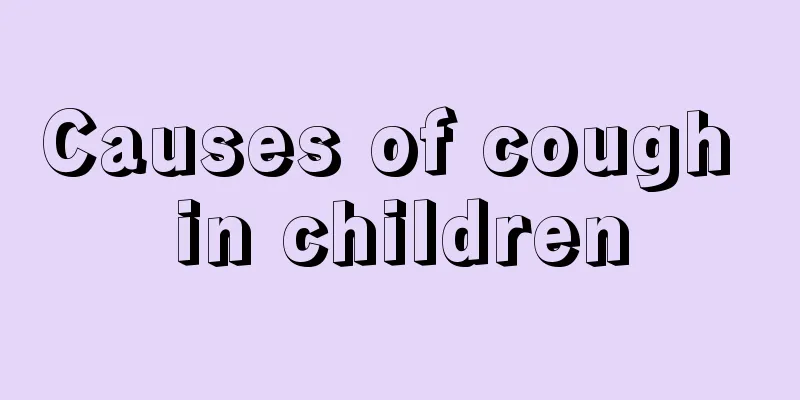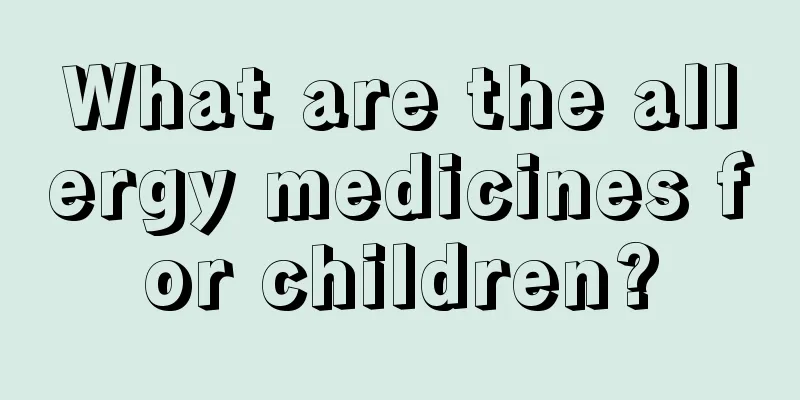The 9 snacks that children often eat have the most food additives

|
The report pointed out that 10% of children eat snacks containing additives more than three times a day, and 6% of children drink more than three bottles of beverages a day (excluding mineral water and homemade tea). In summer, the number of children eating ice cream every day is as high as 26%. The survey also sampled and counted the ingredient lists and food additives contained in 489 foods from 33 categories. Among them, instant noodles, milk drinks, potato chips, ice cream, biscuits and other foods contain the most additives. instant noodles A pack of instant noodles may contain up to 25 kinds of food additives, the most common of which are monosodium glutamate, caramel color, citric acid, tert-butylhydroquinone, etc. Long-term consumption of products containing citric acid in children may lead to hypocalcemia. Ham Additives contained include sodium nitrite, potassium sorbate, etc. Among them, sodium nitrite may produce carcinogenic nitrosamines in the body. Preserved Fruit The additives contained are citric acid, potassium sorbate, sodium benzoate, etc. Among them, sodium benzoate will destroy vitamin B1 and affect children's absorption of calcium. jelly Potassium sorbate, citric acid and carrageenan are the most commonly used additives. Excessive intake of potassium sorbate can cause allergic reactions and affect children's absorption of calcium. Ice cream Artificial flavors, thickeners, artificial synthetic colors and other additives are the most commonly used. Some of these artificial colors are not allowed to be used in food according to foreign regulations. biscuit Additives contained include sodium metabisulfite, citric acid and sorbitol. Large amounts of sodium metabisulfite can damage cells and are biologically toxic. milk tea The additives contained include potassium sorbate, sodium hexametaphosphate, etc. Excessive intake of the latter can cause calcium metabolism disorders. chewing gum May contain additives such as aspartame, sorbitol, citric acid, etc. Too much sorbitol can cause diarrhea. potato chips Possible additives include monosodium glutamate, disodium 5'-guanylate, etc. Both of the above mentioned are prohibited from being used in infant food. |
<<: These 6 parenting truths we have believed wrongly over the years
>>: The dangers of precocious puberty in girls
Recommend
How to remove baby's vernix caseosa
Vernix caseosa is a substance that babies have wh...
What are the methods to reduce fever in babies? These tips work!
The functions of various systems in the baby'...
Is it normal for premature babies to love sleeping?
Premature babies require more care and attention....
Sores on the child's arm
In life, many people often get sores on their ski...
What are the ways to control babies from always sucking their fingers?
Babies are seen almost every day. We often see ne...
What should I do if my child has a bad temper?
Everyone knows that impatience is a very bad char...
What happens if a child cries too much?
Every child cries from time to time, which is a v...
Baby diarrhea diet therapy
1. Steamed applesauce: Steamed apples have a good...
Laryngeal edema in children
When babies are young, they cannot speak yet, so ...
Reasons for a three-year-old baby to have a persistent low-grade fever
Some babies are prone to fever when they are youn...
What are the folk remedies for children's food accumulation?
Food accumulation in children is a common pediatr...
What should I do if my child sprains his ankle and it is swollen?
As children grow up, they will inevitably encount...
What is the reason for a child to have a fever for a week?
Generally, children's fever will get better w...
What are the dangers of asthma in children?
Looking at the stars in the entertainment industr...
What are the symptoms of a child’s midnight cough?
Everyone who has been a parent knows that childre...









